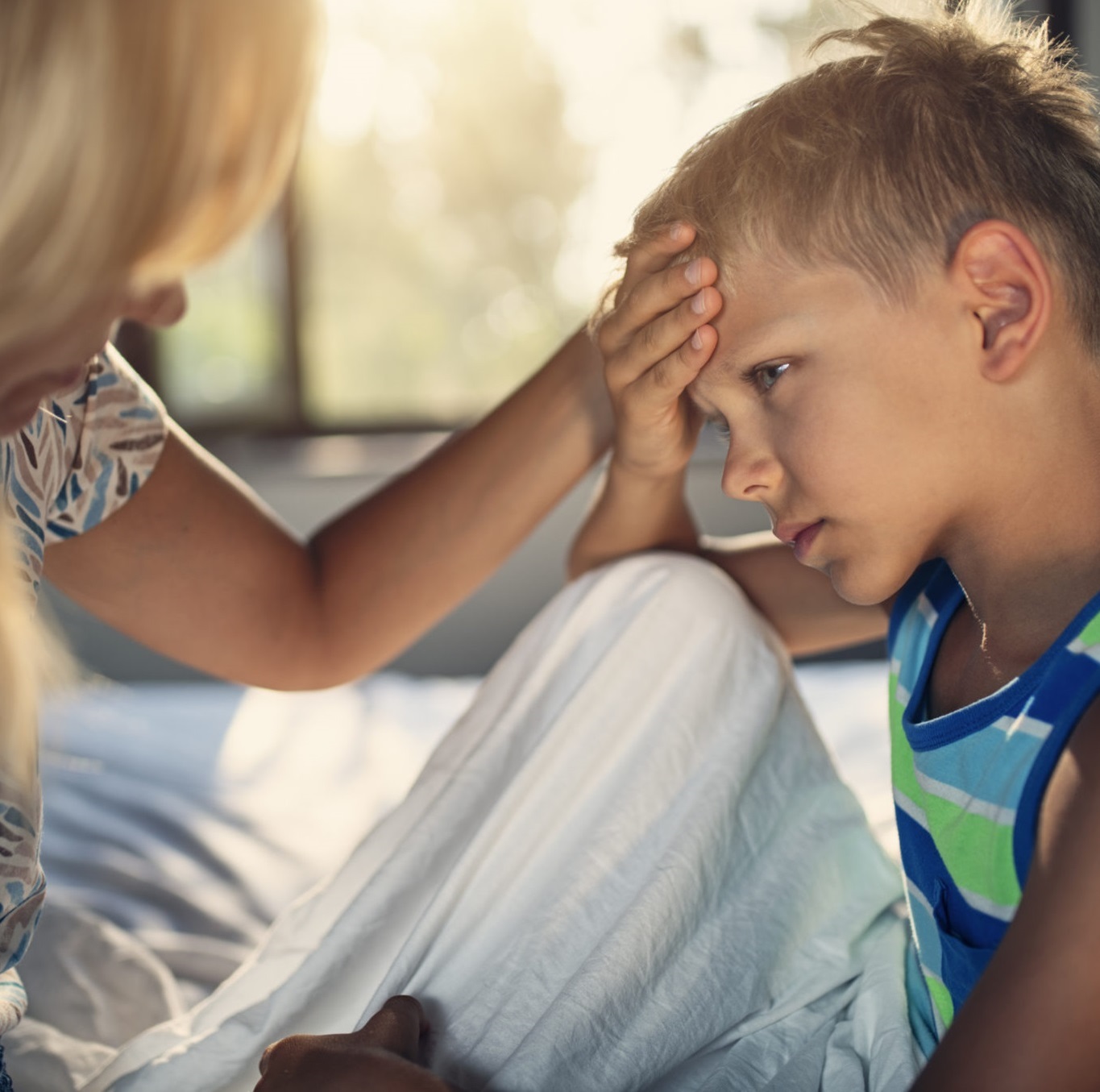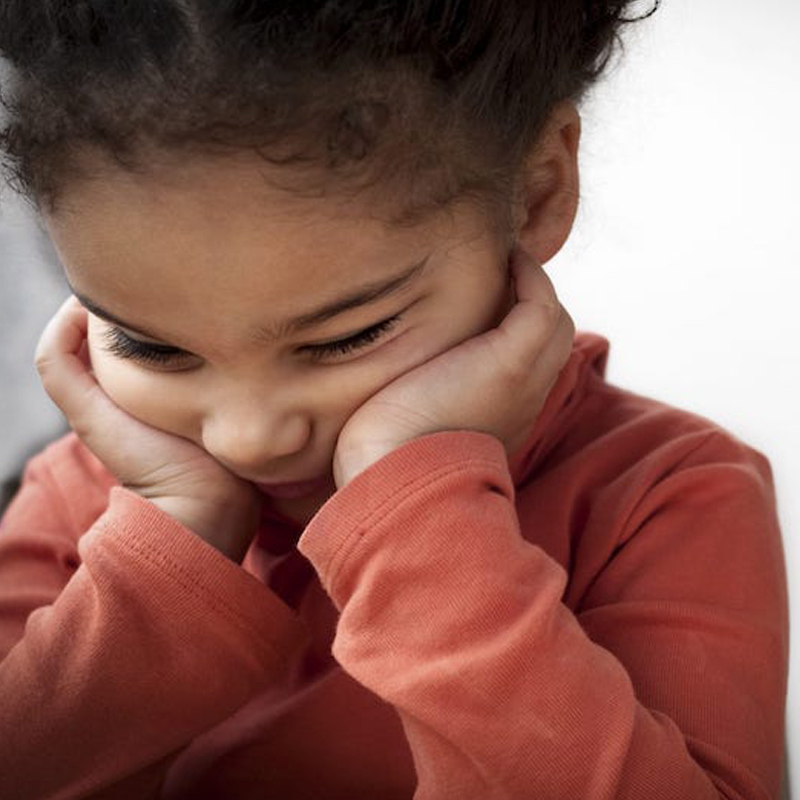When Should I Take My Child to the Doctor for a Headache?

August 23, 2021
As a parent or caregiver, it can be hard to know how best to respond when a child or teen complains of pain. How do you know if it’s just a headache or something more serious, and when should you take them to a doctor? Roopal Karia, M.D., neurologist at K. Hovnanian Children’s Hospital at Jersey Shore Medical Center, provided some expert advice.
“Headaches should not be taken lightly,” says Dr. Karia says, who recommends that if a child is complaining of headaches, the best thing to do is to have the child evaluated by a health care provider.
Types of Headaches
Headaches can have a variety of causes, which may depend on age. Many headaches can be non-specific, but common types of headaches include:
- Migraine. Migraines are headaches characterized by moderate to extreme throbbing pain that can last anywhere from a few hours to a few days. In addition, other symptoms include high sensitivity to light, noise or smells. In younger children, they may complain of tummy aches. In addition, there may be vomiting.
- Tension. A tension headache is common and involves mild or moderate pain on both sides of the head that may feel like pressure or a tight band around the head. Stressful situations can bring on tension headaches. Increased activity level may make them worse.
“The kinds of headaches that are more worrisome are the ones that are continuous, progressing in frequency or intensity, or have associated symptoms such as visual changes and walking difficulty,” says Dr. Karia.
Preparing for Your Child’s Doctor Visit
Consider starting with your child’s pediatrician or primary care doctor. If needed, they may make a referral for your child to see a neurologist, which is a doctor who specializes in treating the nervous system, made up of the brain, spinal cord and nerves.
Dr. Karia recommends that parents prepare for the appointment by keeping a headache diary. Here are the things you should note in your child’s headache diary:
- What time/time of day are the headaches occurring?
- How often is your child getting headaches?
- How long do the headaches last?
- Are the headaches disrupting your child’s sleep?
- Are there any triggers you’ve noticed, such as certain foods or stress?
Keeping track of your child’s headaches will help you and your doctor determine what type of headache your child is experiencing, what type of testing should be done and what treatments might help.
Treatment for Headaches
“Headaches often involve a number of factors,” says Dr. Karia. “The most important thing is to figure out the causes, then decide further management.”
Your doctor may prescribe medication or therapy, as well as home remedies like sleeping in a cool, dark room, water, healthy snacks and applying a cool, damp washcloth to your child’s forehead.
Remember, take children seriously when they complain of headaches. It’s probably nothing to worry about, but sometimes headaches are a symptom of something more serious that needs medical attention.
Next Steps & Resources:
- Meet our source: Roopal Karia, M.D.
- To make an appointment with Dr. Karia or a doctor near you, call 800-822-8905 or visit our website.
The material provided through Health Hub is intended to be used as general information only and should not replace the advice of your physician. Always consult your physician for individual care.
Find a doctor near me
What Makes a Child Tic?

Understand child tics? Dr. Khrizman explains causes, management, and when to seek help. Learn more and find support.
When to Seek Care for a Fever

High fever? Learn when to seek care. Dr. Shim explains fever symptoms needing medical attention for adults and children. Get help now.
